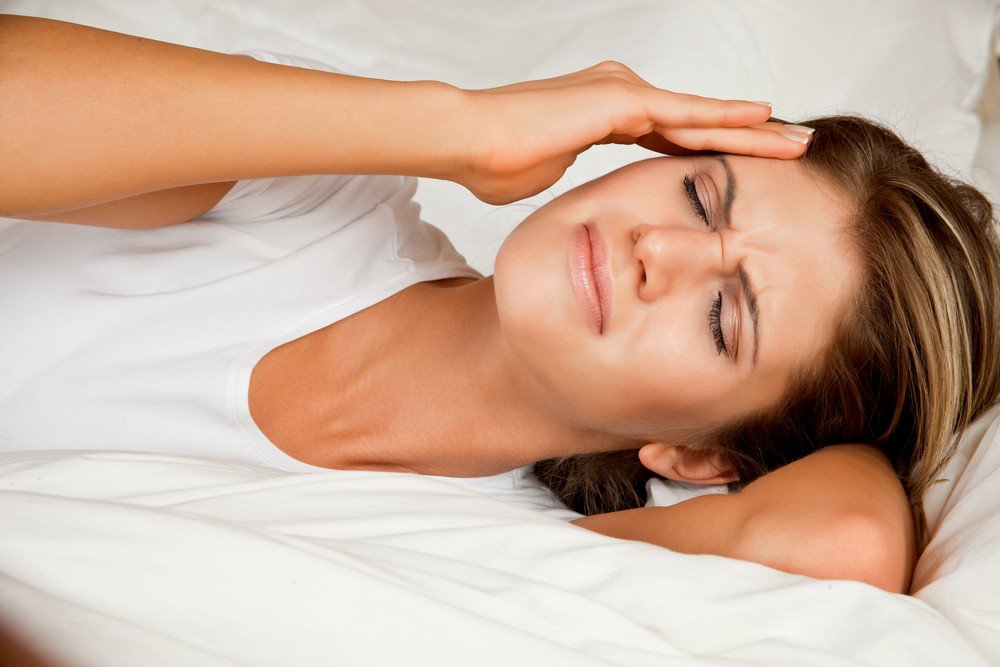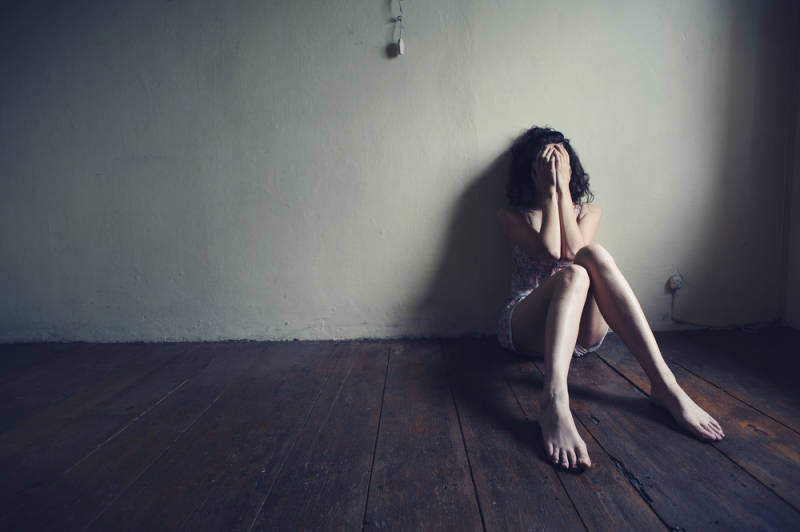How to Take Care of Yourself After an Acupuncture Treatment
The 24 hours following each acupuncture session can be as influential as the treatment itself.
By resting, applying heat packs, and engaging in healthy practices, you can enhance results while avoiding the reintroduction of harmful toxins into the body.
This will leave you with a greater sense of mental clarity, as well as improved physical vitality.
Take it Easy
Rest and relaxation are essential following acupuncture.
Although some people experience significant energy boosts after their acupuncture sessions, it is best not to act on this surge of energy.
A period of rest will enhance the physical and emotional restoration process that begins during each acupuncture session and continues long after you’ve left.
Stay Hydrated
In addition to drinking plenty of water, it is important to avoid caffeine and alcohol. Not only do these substances have a dehydrating effect, they can throw off your physical and emotional awareness.
If the goal of acupuncture is to heighten the senses, the last thing you want is to immediately mask them with booze or coffee.
Caffeine and alcohol are by no means the only substances that will blunt the mental clarity brought about by acupuncture.
Fast food and processed snacks also act as drugs, especially if they are high in sugar.
Replace processed foods with fruits, vegetables, and healthy sources of protein.
It is also imperative to drink plenty of water.
Avoid Ice And Cold Treatments
Few things stunt the energy flow imparted by acupuncture faster than an ice pack. Not only does cold halt progress, it can actually cause further pain. Instead, pain relief should be brought about via the careful application of heat packs.
Massage is Okay
Massage is perfectly acceptable after acupuncture, and in some cases, can actually enhance benefits by promoting a calm, rested state.
Post-acupuncture massage is particularly beneficial for those who seek assistance with muscle pain and trigger points.
Be Patient
In today's fast-paced society, anything that doesn't have an immediate effect is quickly discarded in favor of an instant gratitude solution.
For this reason, many people find it very difficult to wait it out before achieving the full benefits of acupuncture.
Some acupuncture patients are particularly frustrated when the areas treated through acupuncture feel worse before they get better.
For those who struggle with this concept, try meditation, which can help you release problematic mental chatter and feelings of anxiety.
















